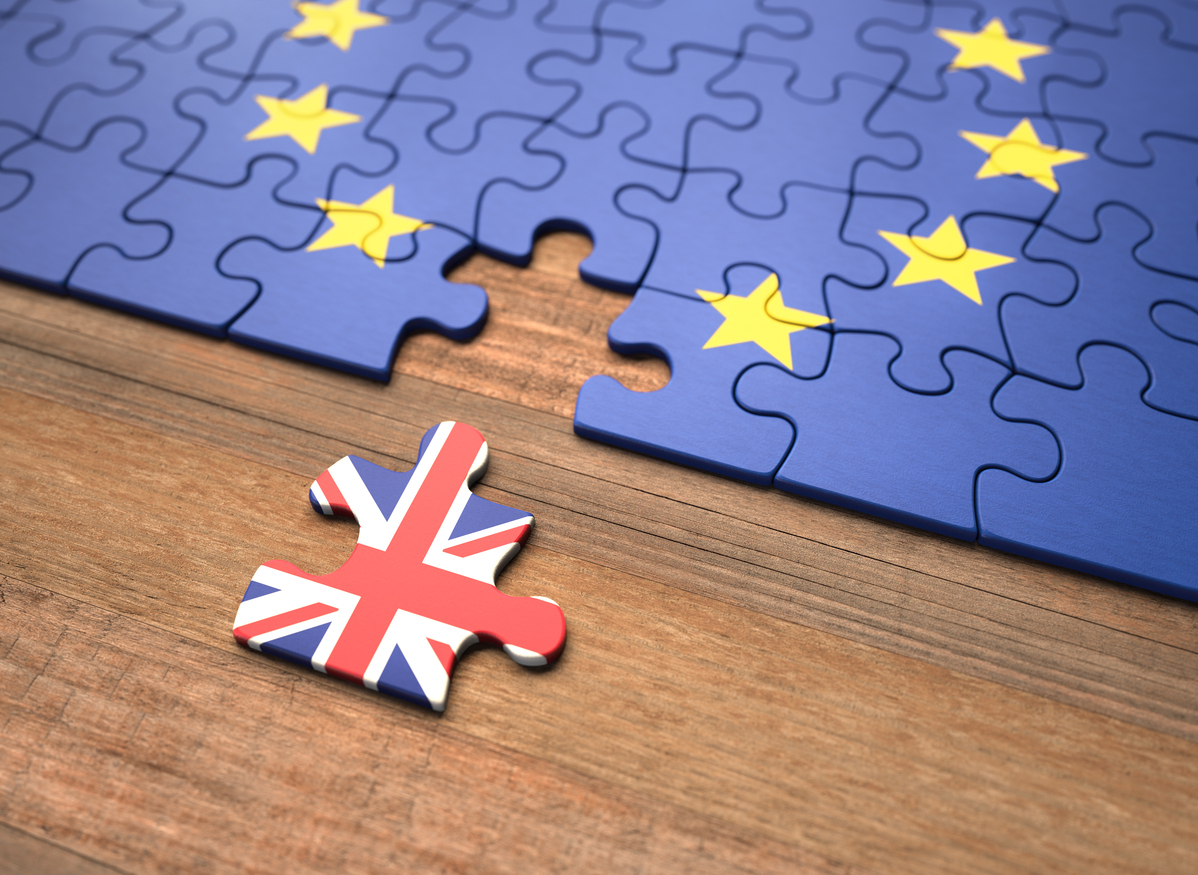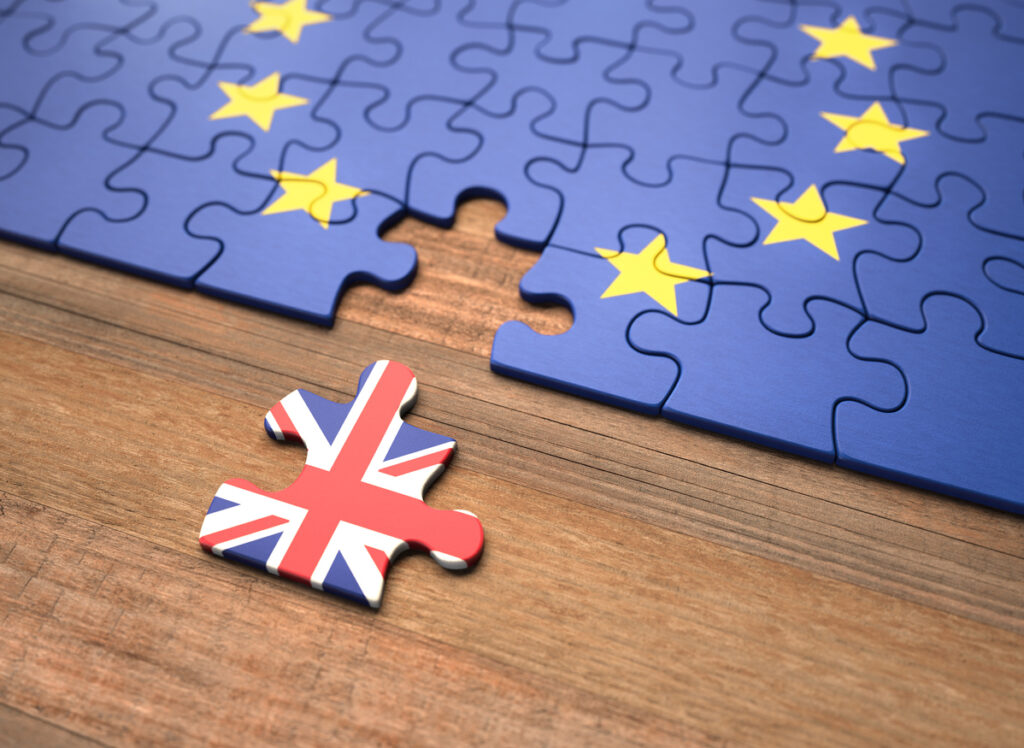
Simon Pease
The Author was a former British diplomat.
Zoom in on the human race. As individuals, we all rely on good faith all the time.
Every arrangement we make with someone else, every purchase we make, and every contract we agree to depends on both parties acting in good faith. We all know there are individuals who don’t, of course, and we try to avoid them. At this scale, if an individual acts in bad faith, it may come back to haunt them, but we all know sometimes they get away with it. Lost in the daily deluge of human interaction, it may not amount to very much. The world does not notice.
Now zoom out.
At every level, acting in bad faith becomes harder to get away with because it is more noticeable.
Zoom right out to the nation-state level, and it becomes pretty much impossible to act in bad faith without it being noticed.
Our country has quickly lost a reputation for being a reliable, serious partner, and become a nation whose word cannot be taken in good faith. What can be hidden in a population of millions or even billions of individuals is much harder to get away with in a population of 187 nations (give or take a disputed sovereign state). The world watches while our government toys with the idea of repudiating long standing agreements, including a peace agreement that directly affects our own country, for the sake of temporary electoral advantage.
It’s true that a change of government might bring one that is more reliable, more focused on working cooperatively to uphold the international law framework that makes the international sphere safer and more predictable. But what happens at the election after? Will the rejectionists come back? What is to stop the UK see-sawing from one to the other?
Our electoral system makes us particularly prone to such swings. Quite recently a Tory MP looking at impending electoral defeat blamed it on ‘the electoral cycle’; the idea that in a two party system you can only govern for a limited period of time before the population start to blame you for their woes, and, with only one alternative, vote you out. Rinse and repeat. Sometimes the cycle is relatively long, at other times it shortens.
Add in the fact that no Parliament is bound by the decisions of their predecessors and every five years or so holds the potential for a reset. You only get continuity if there is an understanding between the two parties that some areas of policy are based on a consensus that both will support. Today, the only such area, so far as I can see, is Ukraine.
Our electoral system makes us particularly prone to such swings. Quite recently a Tory MP looking at impending electoral defeat blamed it on ‘the electoral cycle’; the idea that in a two party system you can only govern for a limited period of time before the population start to blame you for their woes, and, with only one alternative, vote you out. Rinse and repeat. Sometimes the cycle is relatively long, at other times it shortens.
Add in the fact that no Parliament is bound by the decisions of their predecessors and every five years or so holds the potential for a reset. You only get continuity if there is an understanding between the two parties that some areas of policy are based on a consensus that both will support. Today, the only such area, so far as I can see, is Ukraine.
And we should not ignore the fact that in the USA, another two-party system, even that consensus is under severe pressure. If the two available parties represent different world views, there can be no stability. How can you trust a country which can flip from one to the other, and is almost bound to do so?
That old British favourite the ‘gentleman’s agreement’ which provided some stability is gone. Arguably, we should welcome that, because that stability could only be guaranteed by a political elite with a degree of homogeneity, one that agreed that some questions were best kept away from an ‘unreliable’ population as a whole. Cameron’s ill conceived referendum on membership of the European Union destroyed that.
So how do you get back some degree of stability – enough to make the country a partner to be trusted again? Even if it were possible, a return to the old ‘gentleman’s agreement’ would be unlikely to be accepted by the population as a whole – but with the lurch to the right the governing party has taken, it is impossible to think of the two parties finding enough common ground to reinstate an agreement that could last.
It’s gone. The props that held up the theatrical set that was the ‘British Establishment’ have been exposed; the population (better educated than previous generations) have seen the machinery that makes the magic show work.
It is time for the country to find another way; to grow up, to become politically mature. Politicians can no longer to deploy a ‘not in front of the children’ – or if you are Jacob Rees Mogg ‘pas devant les domestiques’ – attitude. It is time for the country to find another way; to grow up, to become politically mature.

Constitutional reform is now essential to our future as a nation. It is a must for domestic policy reasons, and just as important for our foreign policy. International players need to see in the UK a stable partner, less prone to violent swings of behaviour.
There is only one way such an outcome can be achieved. The whole system of government must change to allow the expression of a greater range of opinions, and deliver an open debate about the issues that affect the long-term economic and social fabric of the nation. It requires consensus to be generated and respected.
Constitutional reform is now essential to our future as a nation. It is a must for domestic policy reasons, and just as important for our foreign policy. International players need to see in the UK a stable partner, less prone to violent swings of behaviour.
If you want to rejoin the international political mainstream, whether or not you include membership of the EU, constitutional reform and a new, transparent democracy more closely representing the wishes of the population as a whole is essential – and should be the highest priority. All we do as human beings is based on trust. We need to be able to trust our government in a modern democracy.
Related Articles
Related
No Results Found
The page you requested could not be found. Try refining your search, or use the navigation above to locate the post.


